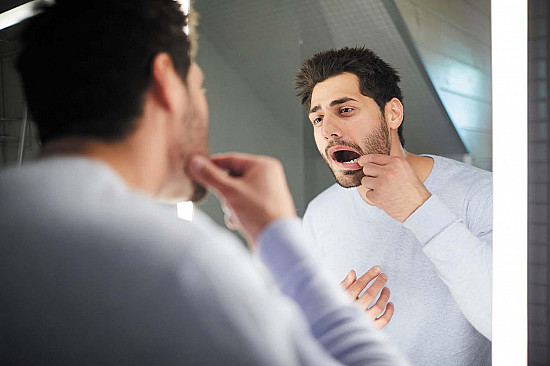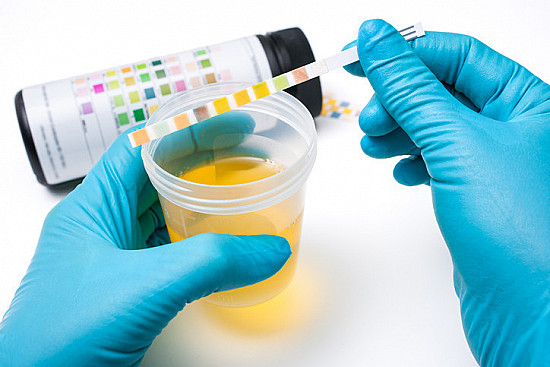Ask the doctor: What causes a craving for ice?
Adults with pagophagia usually crave more than just a few ice cubes a day. But since this is a change for you, I suggest you talk to your doctor, who can order blood tests to find out if you have anemia. Don't start taking an iron supplement without being tested first because excess iron can accumulate in the body and cause damage over time.
To continue reading this article, you must log in.
Subscribe to Harvard Health Online Plus (HHO+) to unlock expert-backed health insights, personalized tools, and exclusive resources to feel your best every day.
Here’s what you get with your HHO+ membership:
- Unlimited access to all Harvard Health Online content
- 4 expertly curated newsletters delivered monthly
- Customized website experience aligned to your health goals
- In-depth health guides on topics like sleep, exercise, and more
- Interactive features like videos and quizzes
- Members-only access to exclusive articles and resources
I’d like to subscribe to HHO+ for $4.99/month to access expert-backed content to help make smart, informed decisions about my well-being.
Sign Me UpAlready a member? Login ».
Disclaimer:
As a service to our readers, Harvard Health Publishing provides access to our library of archived content. Please note the date of last review or update on all articles.
No content on this site, regardless of date, should ever be used as a substitute for direct medical advice from your doctor or other qualified clinician.















